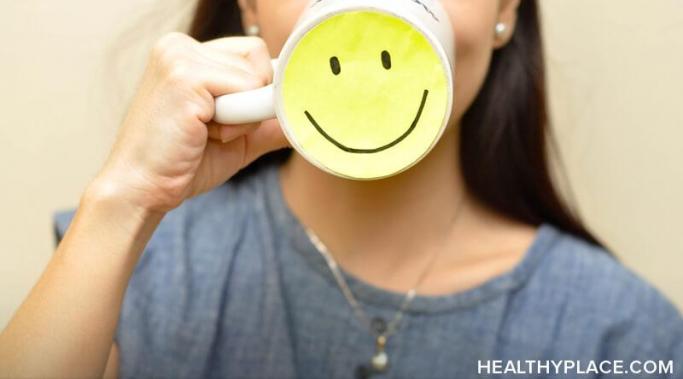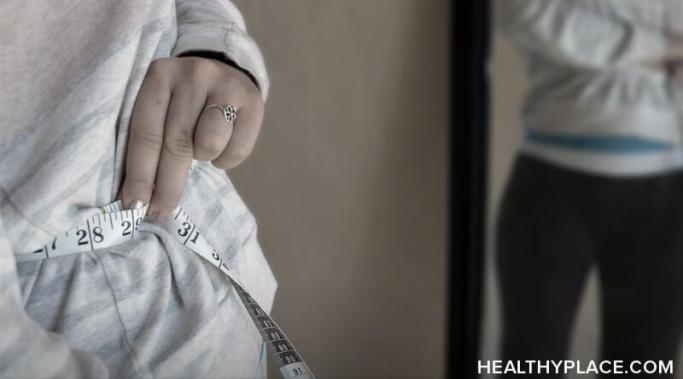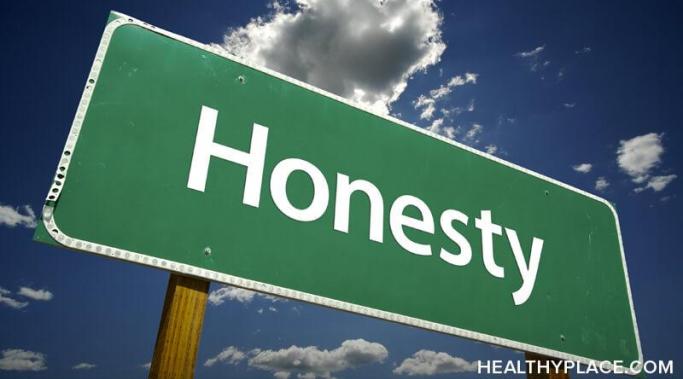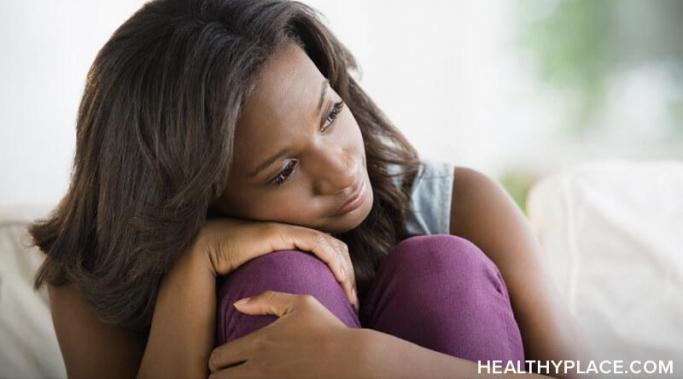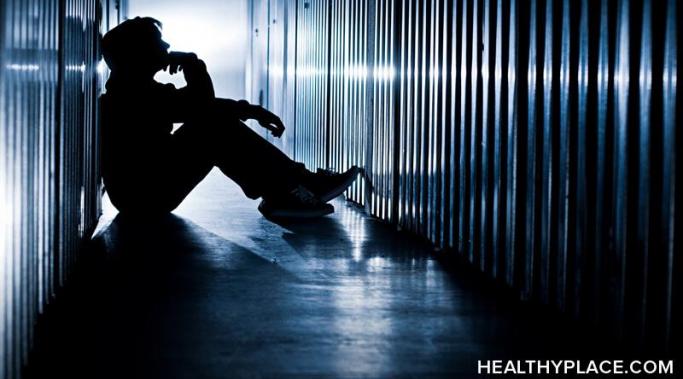I used to subscribe to the toxic positivity message. I wanted to believe that if I could maintain a persona of relentless confidence, enthusiasm, resilience, and optimism, then I would eventually outdistance the pain of my eating disorder.
Surviving ED
Body dysmorphia is a mental health condition that will impact an estimated one in 50 people over the course of a lifetime.1 In some cases, those with body dysmorphia also suffer from eating disorder behavioral patterns such as caloric restriction, compulsive exercise, binge-purge cycles, or obsession with weight. The earliest signs of body dysmorphia often manifest in adolescence,2 and anyone can be at risk—no matter their gender pronouns, sexual orientation, body composition, or ethnic background. Here is what you should know about body dysmorphia in case you (or a loved one) are exhibiting symptoms of this mental illness.
Disclosing an eating disorder can be uncomfortable—even downright scary. In fact, research shows the prevalence of those who suffer from eating disorders is vastly underrepresented. A 2019 estimate from the Global Burden of Diseases reveals that as many as 41.9 million eating disorder cases were unreported over the course of just one year.
Sometimes—not too often, but occasionally—I stand in front of the full-length mirror on my bathroom wall and ask the reflection staring back at me, "Will I ever learn to love all the parts of my own body?" This can be a complicated question for someone with an eating disorder history, and as of right now, I do not have a clear, definitive answer.
Several years ago, when I had just begun the work to heal from anorexia, my therapist often closed out our frequent sessions with the reminder: "Your secrets will keep you sick." It's been a long time since I have seen this particular therapist, but I still carry her mantra with me. Eating disorders thrive on secrecy, shame, and silence—but honesty is the best weapon I have to combat eating disorder temptations when they creep back to the surface.
I am an identical twin. For most of my childhood, I was viewed as one-half of a package deal. In fact, my sister and I resemble each other so strongly that, as small children, my mom painted our toenails two contrasting colors just to tell us apart. We were known as The Twins, a source of fascination to those around us. I rarely encountered other sets of identical twins in those formative years—until my first experience at a residential eating disorder treatment facility. Twins were not uncommon there, which has me wondering: Is there a connection between eating disorders and twin dynamics?
When you enter the process of eating disorder recovery, one of the most intrusive—not to mention, persuasive—lies you might have to wrestle with is the belief that you're a burden. The combination of shame and stigma, which often underpins an eating disorder and many other forms of mental illness, can leave you feeling like just too much for those around you to tolerate. But as difficult as it can be to tune out this message, don't listen to the eating disorder voice: You are not a burden. In fact, you are worth claiming space in this world.
I am someone who genuinely loves to exercise. I know this claim might elicit some eye rolls, but it's true. I even had a therapist at a residential treatment program once tell me that she suspected fitness would always be an integral part of my life. The trick, she continued, was learning to create a balanced relationship with how I choose to work out. It's been more than 10 years since that conversation, but I still have to be so careful about using exercise to stabilize my emotions in eating disorder recovery.
It's been more than 10 years since I took those first reluctant, clumsy steps into the eating disorder healing process. But even now, after all this time, eating disorder recovery is still a series of both ebbs and flows. As someone who wants a clear line of demarcation to signal the end of this path to recovery, it's frustrating that no such finish line seems to be in sight.
To be honest, this is not the post I originally planned to write today. However, life has an interesting—often infuriating—habit of forcing my attention to land on unhealthy behaviors or unresolved issues that I need to acknowledge but would much rather ignore. Sometimes this comes in the form of painful news or circumstances, while other times, it comes in the form of a reminder that I'm an imperfect human who still has healing work to do. But today, in particular, I find myself asking the question: How do I receive painful news without taking it out on the body I live in, which has done nothing to deserve my wrath?
